Within the framework of the International Exhibition & Conference on Modern Railway Technology and Infrastructure Construction Supply Chain - VRT & CONS 2025 on November 12, high-level forums and seminars took place.
Open doors to foreign technology and capital
The High-Level Forum on Modern Railway Technology and Vietnam Infrastructure Construction Supply Chain 2025 has become the center of attention by providing a panoramic picture of planning, policy orientation and promoting international cooperation.
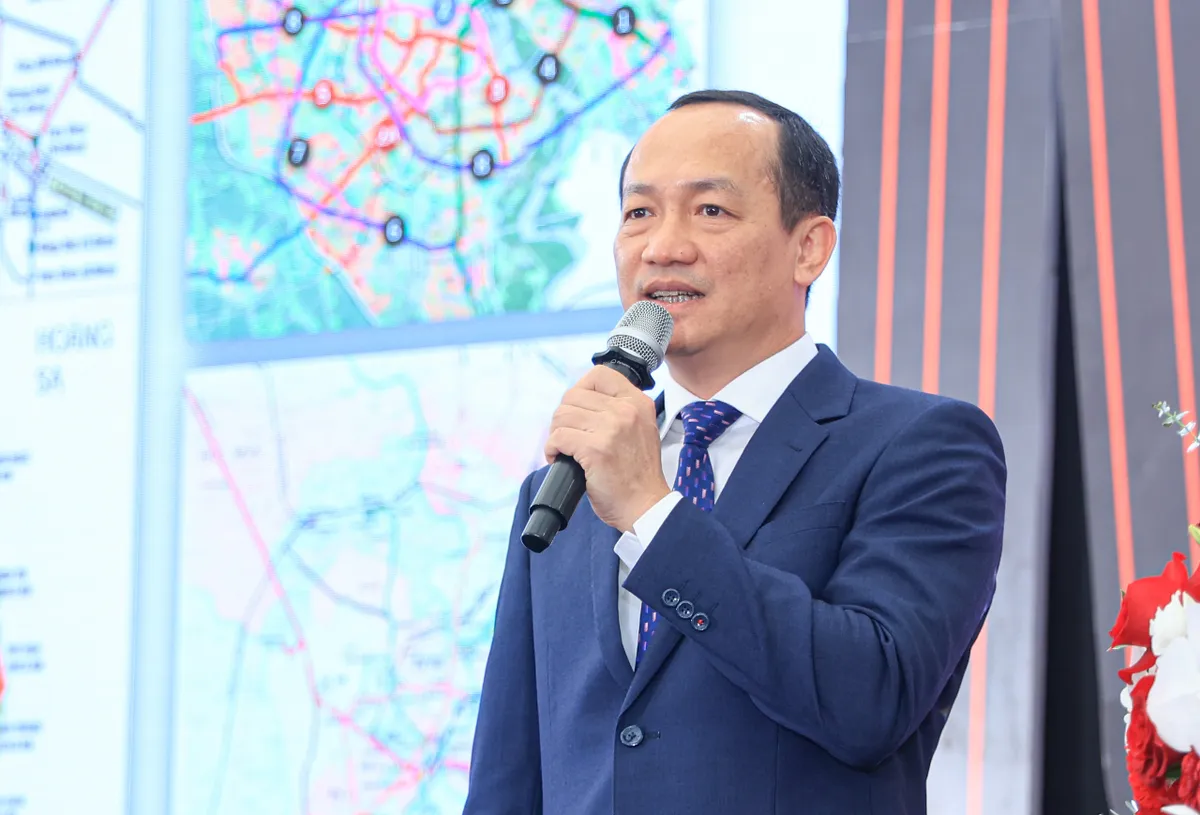
Director of Vietnam Railway Authority Tran Thien Canh shared at the forum (Photo: Ta Hai).
At the forum, Mr. Tran Thien Canh, Director of the Vietnam Railway Authority, provided detailed information on the national railway network planning, vision to 2050 and specific implementation roadmap. The key development axis is the North-South high-speed railway line, which has been approved by the National Assembly for investment, passing through 15 provinces and cities, with dual-purpose passenger and cargo transport functions. The project has a total investment of over 67 billion USD, is in the feasibility study phase, aiming to basically complete the entire line by 2035.
To facilitate shortening the progress and mobilizing maximum resources, the National Assembly has approved 19 specific and special mechanisms and policies for the project, including mechanisms on human resource training.
Along with the national railway, the urban railway planning in two major cities also shows huge investment potential: Hanoi plans 10 routes with more than 500km, and Ho Chi Minh City has over 500km after adjusting the planning.
The Railway Law (2025) passed by the National Assembly has institutionalized specific mechanisms and policies for investment in important national and urban railway projects. Notably, the assignment of local authorities to decide on land use planning adjustments and selection of investors to develop land plots; policies to shorten implementation time, as well as policies on technology transfer and human resource training.
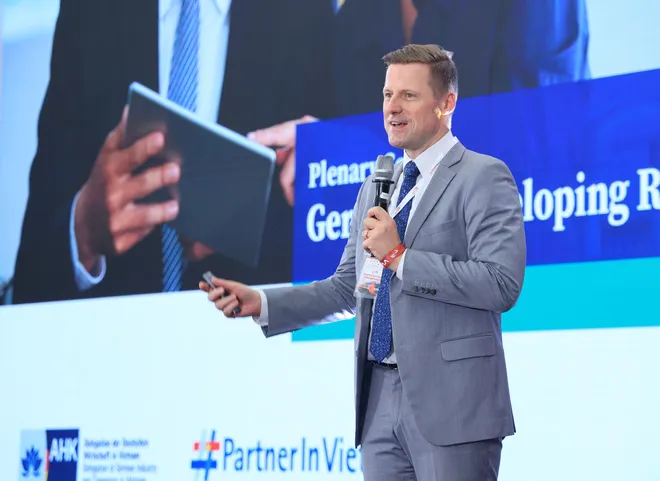
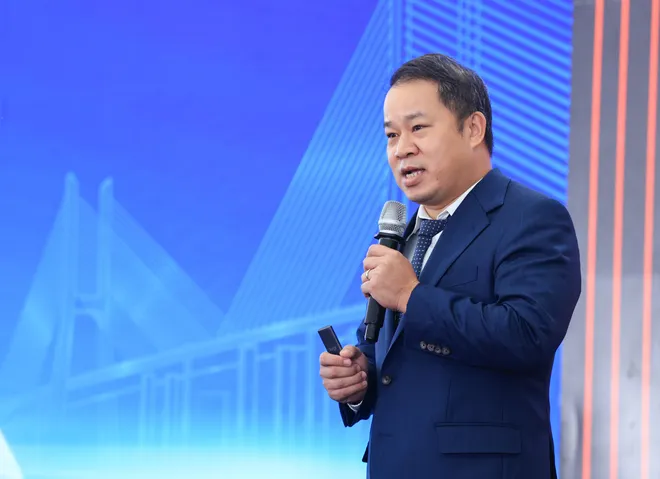
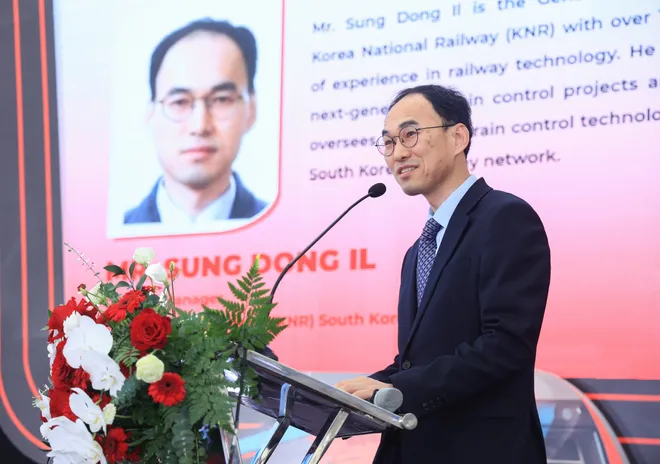
Speakers share experiences and cooperate to develop railways (Photo: Ta Hai).
International partners such as representatives of the German Chamber of Commerce and Industry (AHK), the Korean National Railway, and many enterprises from China, Germany, etc. have expressed their willingness to share experiences and cooperate with Vietnam in technology, finance, human resource training, operation and maintenance.
Challenges of technology transfer and domestic market creation
Opportunities to participate in railway investment and the railway industry are wide open for private investors and Vietnamese enterprises, especially when mechanisms and policies to encourage non-state investment have been included in the Railway Law and Resolution 68 of the Politburo on private economic development.
However, Mr. Vo Ta Luong, General Director of Vinh Hung JSC, pointed out a major barrier: investing in the railway industry is very risky because it requires large capital, while the market is not large enough to encourage businesses to invest in large-scale, localized production.
Therefore, he recommended: "It is necessary to synchronize standards to create a market for businesses to invest in localization and large-scale production. The Government should soon develop and issue preferential policies to encourage businesses to invest more completely and specifically; and accompany businesses to create a railway industry for Vietnam."
Railway Industry Development: Creating "Smart Railways"
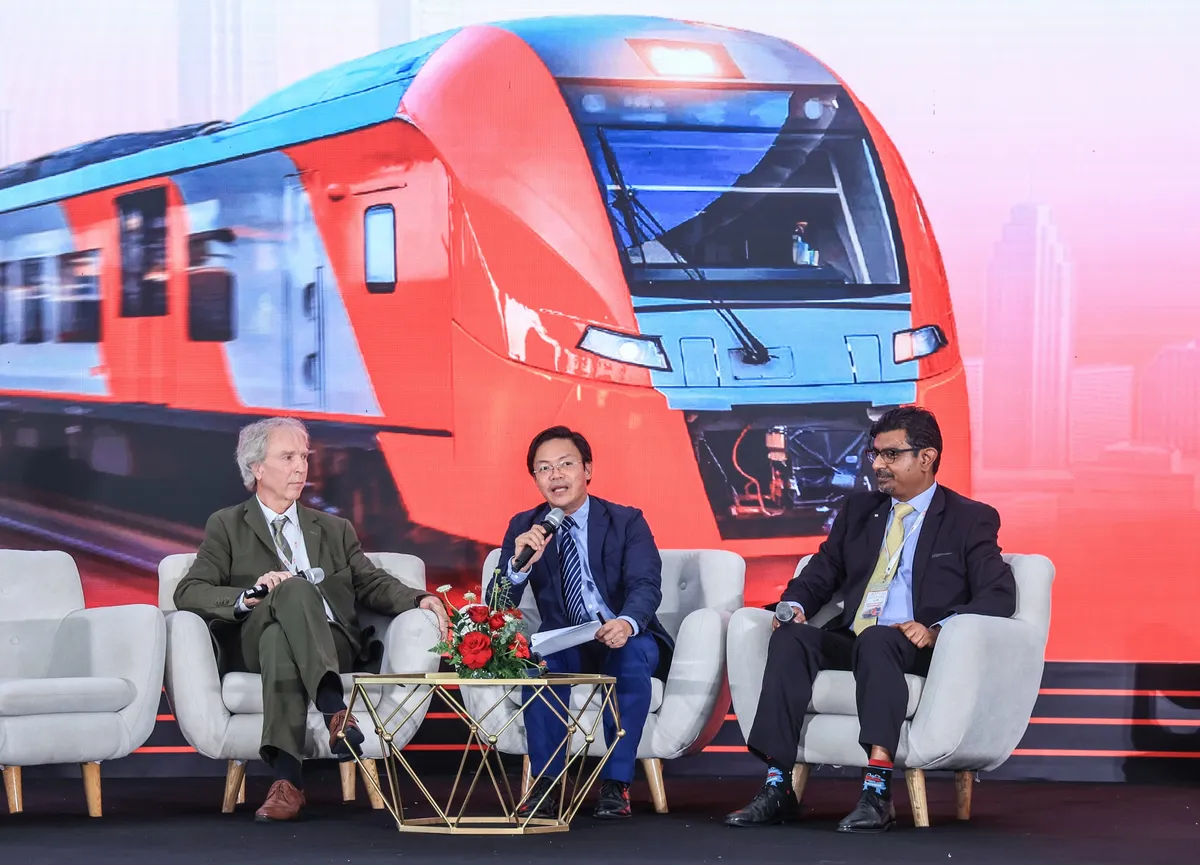
High-level roundtable discussion "Advice on developing Vietnam's railway industry" between leaders of Vietnam Railway Authority and CEOs of multinational enterprises (Photo: Ta Hai).
With the theme "The future of Vietnam's railways in the global supply chain", the high-level roundtable discussion "Proposing strategies for developing Vietnam's railway industry" brought a multi-dimensional perspective on cooperation.
Representative of DB Engineering & Consulting, GmbH (Germany) shared experience on the role of "shadow operator", helping investors design accurate operations from the earliest stage, thereby reducing costs throughout the project life cycle. Meanwhile, Mr. Yang Donglin, General Director of CRSC International Co., Ltd. (China), introduced the concept of "Smart Rail", recommending that Vietnam should develop national data connection standards, build data centers and share data.
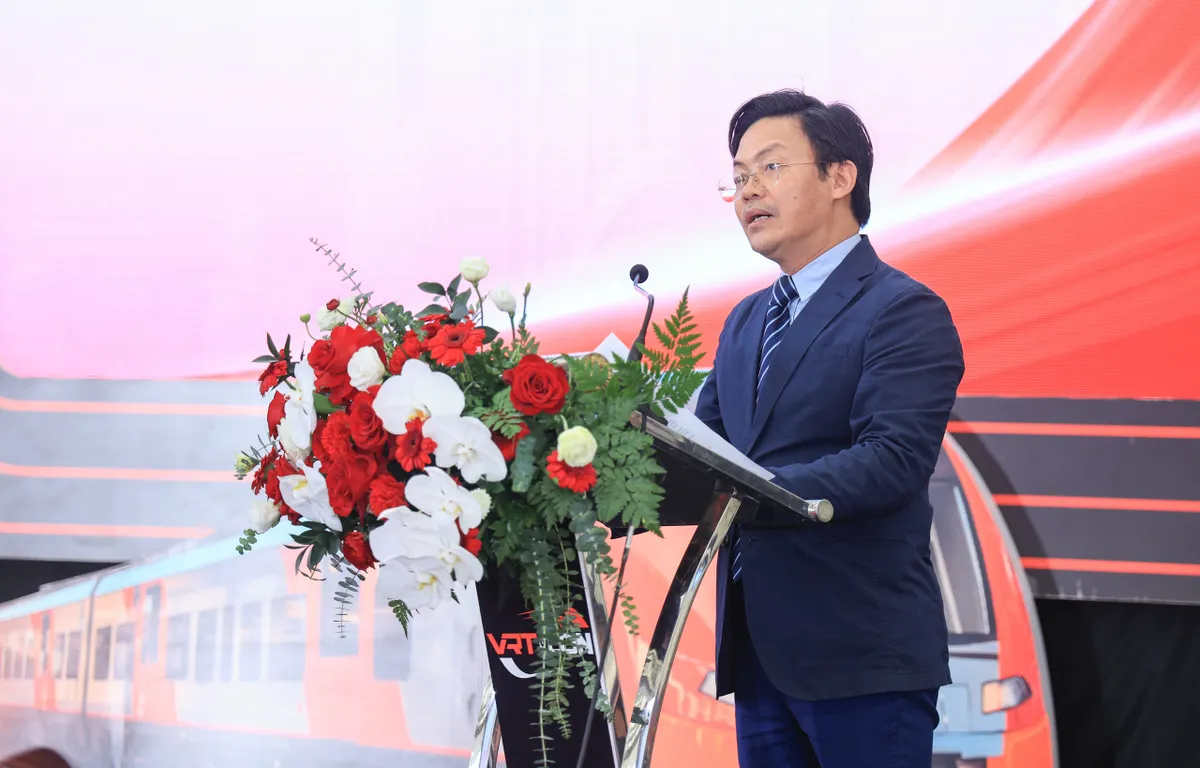
Mr. Nguyen Tien Thinh, Deputy Director of Vietnam Railway Authority, spoke at the seminar (Photo: Ta Hai).
Mr. Nguyen Tien Thinh, Deputy Director of the Vietnam Railway Authority, emphasized that Vietnam's desire is not only to build a modern railway system but also to develop a railway industry. He said that the experience and proposals of domestic and foreign corporations and companies on policy mechanisms, investment models, capital problems, risks, site clearance, and most importantly, commitments on technology transfer and production transfer, are extremely useful information channels.
At the end of the discussion, Mr. Thinh concluded: "From the speakers' sharing, we noted messages about risk management, technology transfer, system integration... Regarding the role of the Government, we clearly recognize the role of "barrier breaker", especially data barriers and market creator, to be able to adopt mechanisms to encourage the application of new technology."
Source: https://vtv.vn/dau-tu-phat-trien-duong-sat-mo-khoa-ha-tang-chien-luoc-cho-tang-truong-ben-vung-100251113101650462.htm




![[Photo] Deep sea sand deposits, ancient wooden ship An Bang faces the risk of being buried again](https://vphoto.vietnam.vn/thumb/1200x675/vietnam/resource/IMAGE/2025/11/13/1763033175715_ndo_br_thuyen-1-jpg.webp)















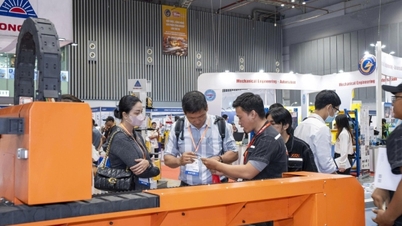

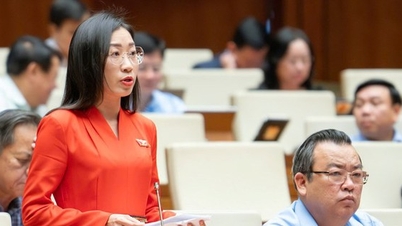

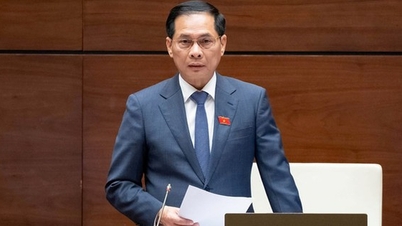


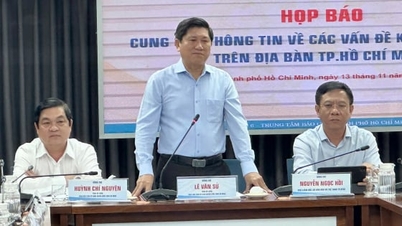





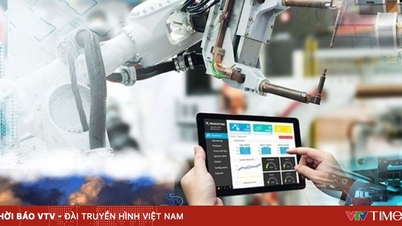
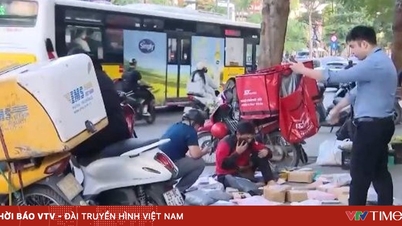
![[Infographic] Deputy Secretary of the City Party Committee, Chairman of the Hanoi People's Committee Nguyen Duc Trung](https://vphoto.vietnam.vn/thumb/402x226/vietnam/resource/IMAGE/2025/11/13/1763038881036_img-2117-87638839201108861172544-18645331816827291289202.jpeg)
![[Infographic] Deputy Secretary of the City Party Committee, Chairwoman of the Hanoi People's Council Phung Thi Hong Ha](https://vphoto.vietnam.vn/thumb/402x226/vietnam/resource/IMAGE/2025/11/13/1763038877681_img-2118-54020024704776382809356-82590448805670117934347.jpeg)

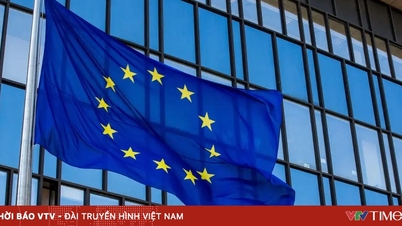



































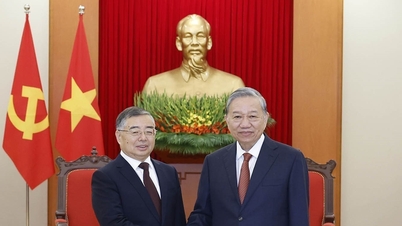
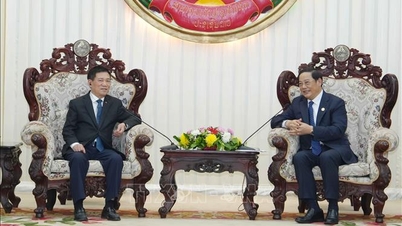


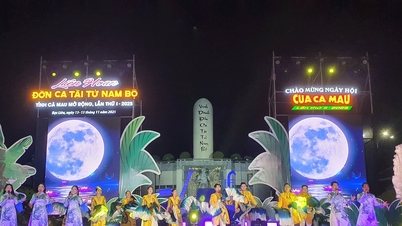




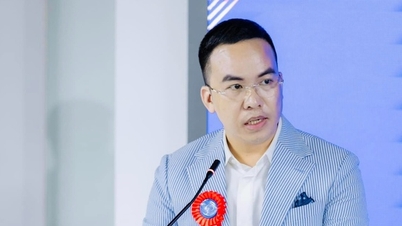
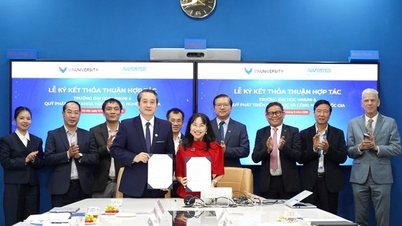

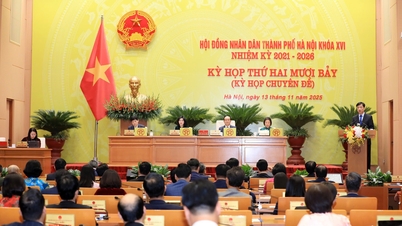

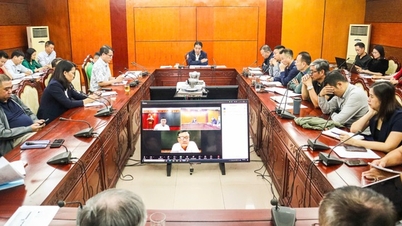
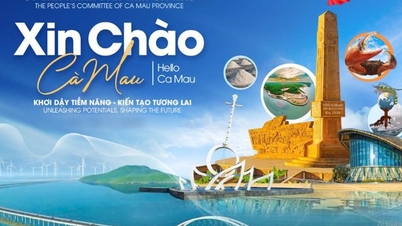
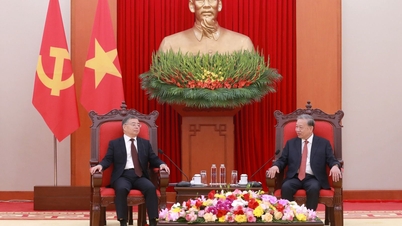
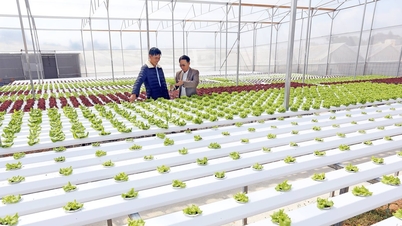





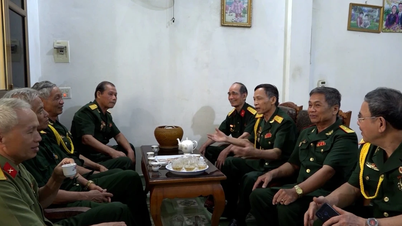

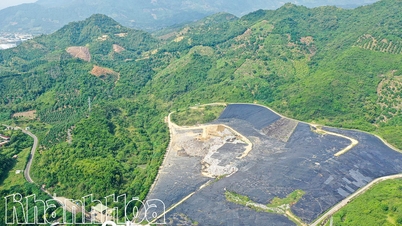
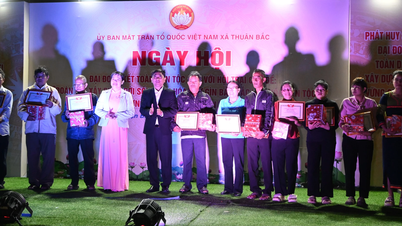





![Dong Nai OCOP transition: [Article 3] Linking tourism with OCOP product consumption](https://vphoto.vietnam.vn/thumb/402x226/vietnam/resource/IMAGE/2025/11/10/1762739199309_1324-2740-7_n-162543_981.jpeg)







Comment (0)